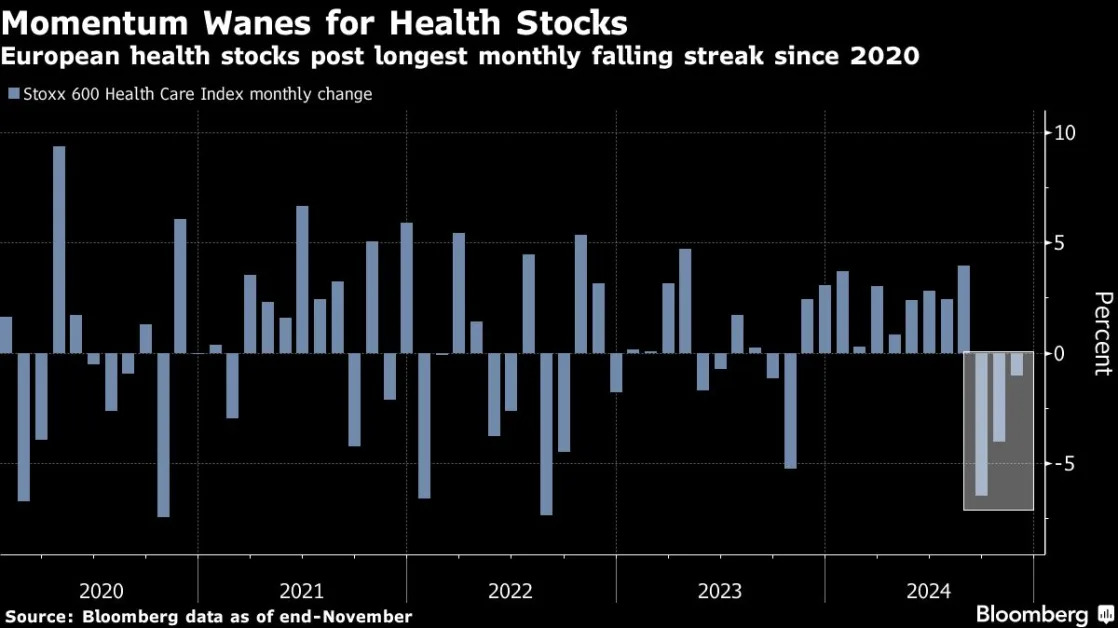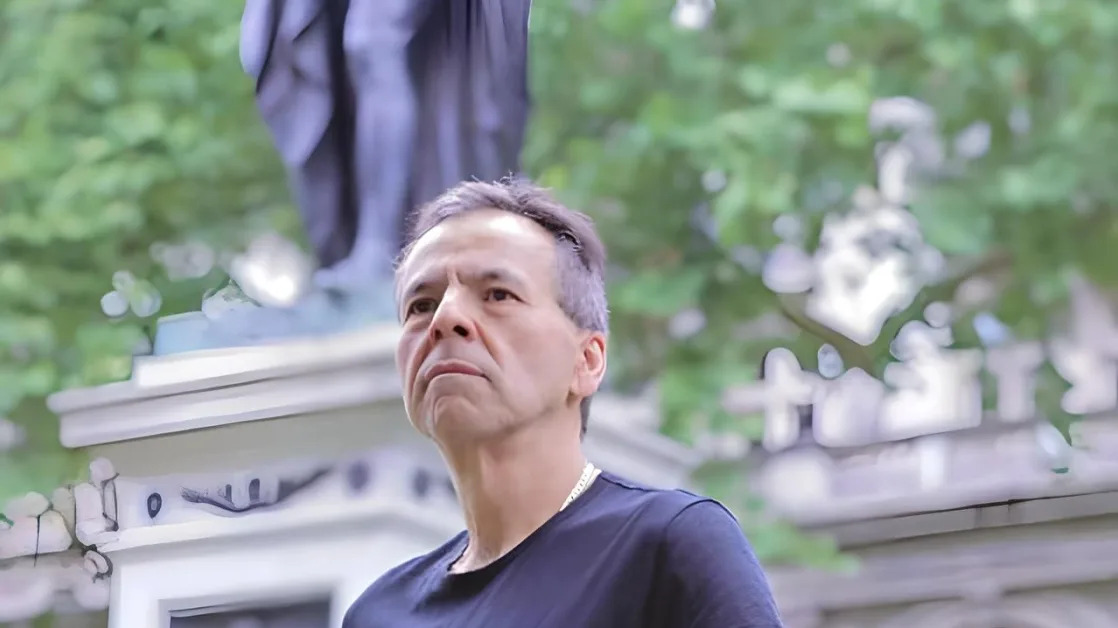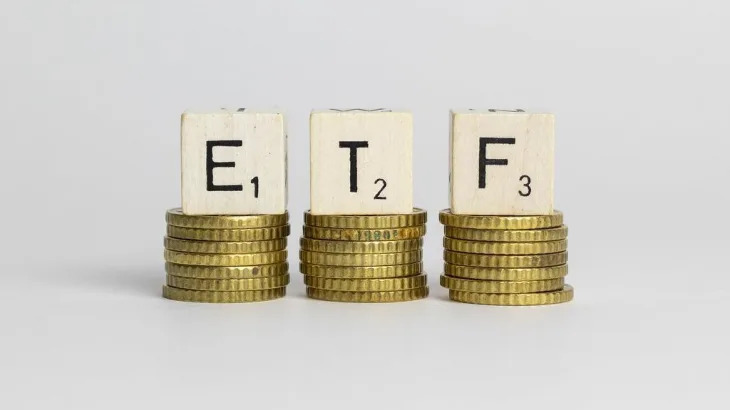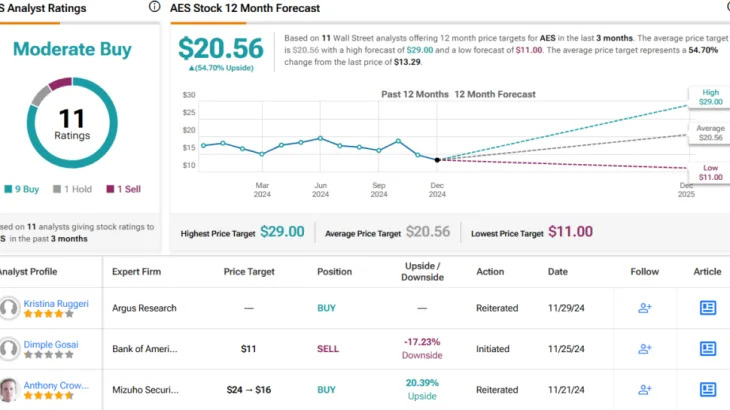(Bloomberg) -- Germany is reeling after an attacker drove a car into a Christmas market in the eastern city of Magdeburg, killing five people, in an incident that’s likely to inflame debate over public safety ahead of federal elections in February.
The Friday evening assault recalled a similar attack in Berlin in 2016, when a driver plowed a truck into a crowd, leaving 13 dead. That sparked an increase in security, including a profileration of bollards and barriers, to hinder vehicles from entering the marketplaces that pop up in the thousands across Germany in the run-up to Christmas.
The number of fatalities has risen to five and more than 200 people were injured, Saxony-Anhalt state premier Reiner Haseloff said. More than 40 are so seriously wounded “that we have to be very concerned about them,” Chancellor Olaf Scholz said during a visit to the state capital on Saturday.
“It is important that we investigate and that we do so with the utmost precision and accuracy,” Scholz said. “Nothing must be left untouched.”
The suspect, a doctor of Saudi Arabian origin who works in the region, drove a rental vehicle into the crowd and was taken into custody, Haseloff said. Authorities investigating the motive behind the attack believe the perpetrator acted alone.
Past social media posts and media appearances depict the suspect as a critic of Islam who had adopted far-right views, Der Spiegel reported. He openly sympathized with the nationalist Alternative for Germany, or AfD, and criticized Germany’s tolerant stance on migration, according to the report. He also set up a website and offered advice on how to flee Saudi Arabia, especially women, Der Spiegel said.
German authorities conducted a risk assessment on the man last year before concluding that he posed no concrete danger, Die Welt newspaper reported, citing security officials it didn’t identify.
“After 25 years in this ‘business’ you think nothing could surprise you anymore,” Peter Neumann, a professor at King’s College London specializing in terrorism and security, wrote in a post on X. “But a 50-year-old Saudi ex-Muslim who lives in East Germany, loves the AfD and wants to punish Germany for its tolerance towards Islamists — that really wasn’t on my radar.”
Saudi Arabia condemned the attack in a statement from the foreign ministry. “The Kingdom affirms its position in rejecting violence, and expresses its sympathy and sincere condolences to the families of the victims, and to the government and people of the Federal Republic of Germany, wishing the injured a speedy recovery,” the ministry said.
Far-Right Surge
Public broadcaster ARD posted video of what it said showed police officers pointing guns and swarming a suspect, ordering the person to lie on the ground and stop moving. The Christmas market was closed after the incident, and all cultural activities in the city have been stopped and cultural institutions closed until Dec. 23, Magdeburg authorities said.
Scholz’s government has been under pressure to boost security nationwide after several violent attacks in recent months, including a stabbing in the city of Solingen in August that left three people dead and eight wounded.
Polls suggest that public frustration with its migration and asylum policies has helped fuel a recent surge in support for far-right and far-left parties, including for the AfD, which is polling second behind the Christian Democratic-led CDU/CSU opposition bloc led by Friedrich Merz.
Merz’s CDU/CSU alliance leads with support at around 32%, the AfD is second with about 19% and the SPD third at 16%, according to the latest Bloomberg polling average. The Greens are fourth with 14% and the BSW — a new far-left party founded in January that calls for a much tougher stance on immigration like the AfD — places fifth at 5.2%.
Members of Scholz’s government and the opposition have also been calling for stricter immigration rules ahead of an early federal election planned for Feb. 23. Germany extended border controls at its nine land frontiers this year in a bid to stem irregular migration. The current violence in the Middle East has also had a spillover effect, raising the threat level across Europe as a whole.
The 2016 attack on a Christmas market in downtown Berlin, which happened during Angela Merkel’s chancellorship, set off a heated political debate about security controls and immigration. That attacker was born in Tunisia and had links to Islamic terrorist organizations.
Merz, the current frontrunner to succeed Scholz as chancellor, on Tuesday proposed cutting €100 billion ($104 billion) from migration and social spending in an effort to slash the state’s bloated expense. Germany’s relatively generous spending on asylum seekers and refugees has been a controversial topic in the country’s political debate for years.
--With assistance from Arne Delfs.
(Updates with reports on suspect’s background, comments from academic from sixth paragraph)






